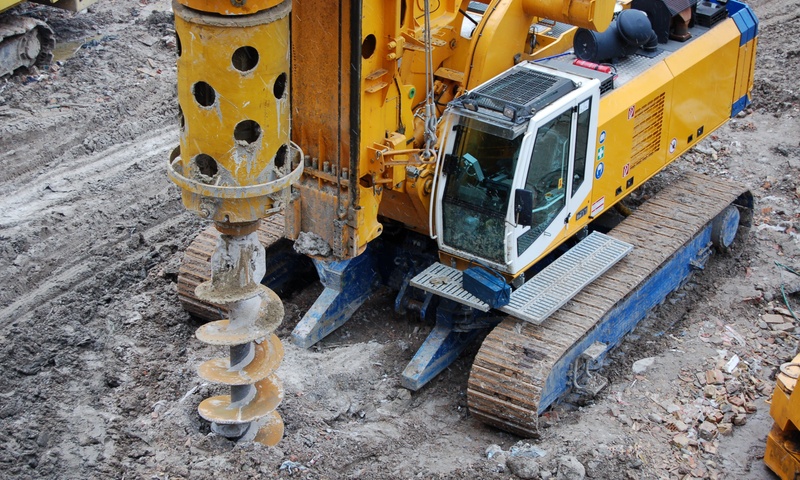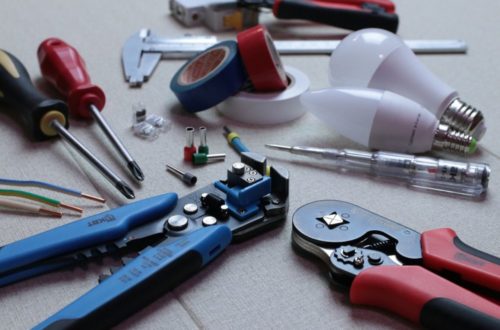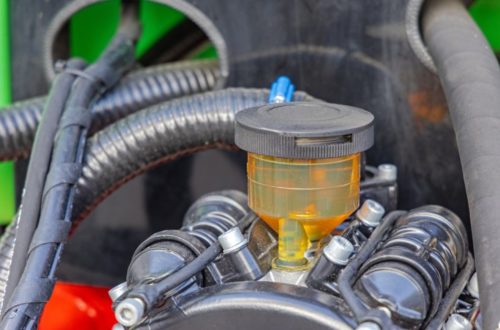Essential Equipment for High-Performance Drilling

Success in drilling operations depends heavily on having the right tools for the job. Whether you work in construction, mining, or oil and gas extraction, understanding the essential equipment for high-performance drilling can help you meet project deadlines instead of facing costly delays. The right equipment not only improves efficiency but also maintains safety standards throughout the operation. Each piece of equipment plays a crucial role in achieving optimal results while minimizing downtime and maintenance costs.
Drill Bits That Define Performance
The foundation of any successful drilling operation starts with selecting the appropriate drill bits for the job. Different geological conditions require specific bit designs, from PDC bits for softer formations to roller cone bits for harder rock. The material composition, cutting structure, and size also directly impact penetration rates and hole quality. It may seem expensive at first, but high-quality drill bits translate to fewer bit trips, reduced operational costs, and consistent hole diameter throughout the drilling process.
Power Systems for Consistent Operation
Reliable power generation and transmission systems keep drilling operations running smoothly and reduce delays. Top-drive systems provide precise torque control and rotation speed management, while mud motors offer directional drilling capabilities when needed. Meanwhile, electric systems provide cleaner operation with accurate control, while hydraulic systems deliver robust performance in demanding conditions. Understanding when to deploy each system maximizes drilling efficiency for any project.
Mud Circulation Technology
Effective drilling fluid circulation removes cuttings, cools the bit, and maintains borehole stability. High-performance mud pumps deliver consistent flow rates and pressure, ensuring proper hole cleaning even in challenging formations.
Advanced filtration systems keep drilling fluids clean and maintain their properties throughout the operation. When combined with proper mud chemistry, these systems can greatly extend equipment life and improve overall drilling performance. The benefits of custom drilling tools become evident when circulation systems are tailored to specific project requirements rather than using generic solutions.
Monitoring and Control Systems
Real-time monitoring systems provide operators with crucial data about drilling parameters, equipment performance, and formation characteristics. Advanced control systems can automatically adjust drilling parameters to maintain optimal performance while protecting equipment from damage.
The integration of sensors and data analytics also allows for predictive maintenance scheduling, reducing unexpected equipment failures. These systems also enable remote monitoring capabilities, allowing experts to provide guidance from off-site locations.
Strategic Equipment Selection
Investing in quality drilling equipment pays dividends through improved performance, reduced maintenance costs, and enhanced safety records. The most successful drilling operations carefully match high-performance drilling equipment to their project requirements rather than taking a one-size-fits-all approach.
Regular equipment evaluation and upgrades ensure operations remain competitive while meeting increasingly stringent performance and environmental standards. The drilling industry continues evolving, and staying current with equipment capabilities positions operations for long-term success.
Would you like to receive similar articles by email?





